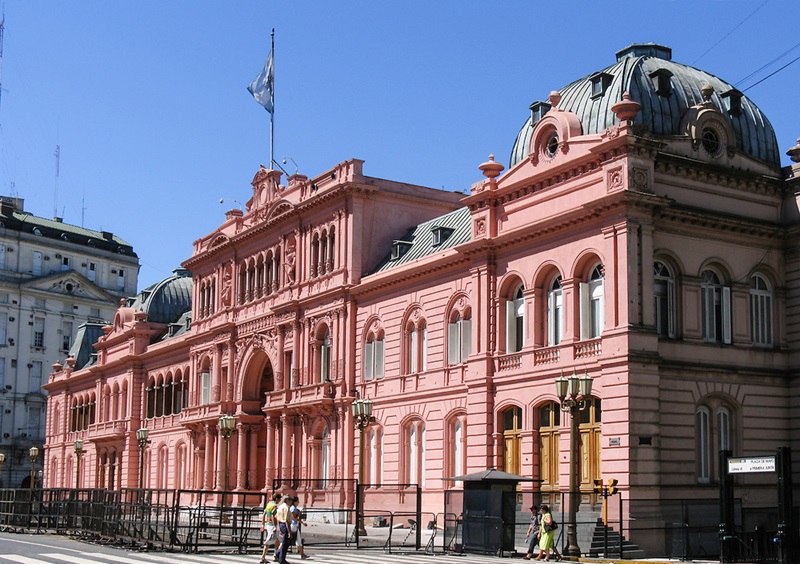Argentina, known for its tumultuous economic history, is once again making headlines with its latest debt swap initiative. The government, facing a major economic crisis, launched a massive voluntary debt swap on Monday, involving peso and some dollar-linked instruments set to mature in 2024. This bold move aims to push back repayments and provide some relief amid the country’s economic woes.
The debt swap includes 15 different instruments with a total value pegged at around $65 billion. Under the government’s plan, these instruments may be exchanged for new inflation-linked instruments with maturity dates ranging from 2025 to 2028. The eligible securities in the hands of the public and private sector for the swap operation amount to a staggering 55 trillion Argentine pesos ($64.86 billion), with 70% of the maturities held by the public sector.
While Argentine sovereign bonds have been on a rally this year, driven by market hopes about new libertarian President Javier Milei’s reforms and fiscal tightening, they dipped by an average of 0.5% on Monday. The government opened the auction process on Monday morning and will close it on Tuesday evening, with settlement of the offers received and awarded set to take place on Friday.
Ezequiel Zambaglione from local investment platform Balanz sees the debt swap as a test of investor confidence in the government. A strong take-up could boost markets further, indicating that the economic program continues to gain credibility. Milei, facing the daunting task of restoring economic stability, has implemented tough austerity and cost-cutting measures, which have improved the fiscal balance but dampened growth and economic activity.
Argentina is grappling with a host of economic challenges, including inflation running at over 250%, poverty climbing towards 60%, depleted central bank foreign currency reserves, and stringent currency controls to protect the embattled peso. In an interview on Monday, Milei reiterated his commitment to a “zero deficit” this year, calling it non-negotiable. He acknowledged that March could be a “complicated” month but expressed optimism that taming inflation and undoing currency controls would lead to an economic rebound. He aims to unravel controls by the middle of the year.
The success of Argentina’s debt swap and Milei’s economic reform plans hinge on investor confidence and the government’s ability to navigate these turbulent times. As the country strives to overcome its economic challenges, all eyes are on its leaders to deliver on their promises and steer Argentina toward a path of stability and growth.
(Soure: Bloomberg | Reuters | Forex Factory)









